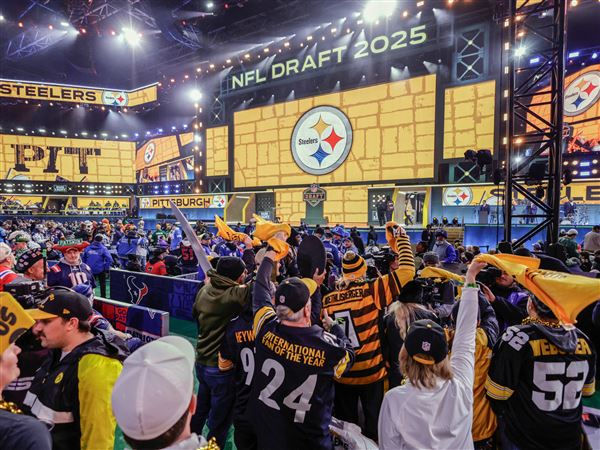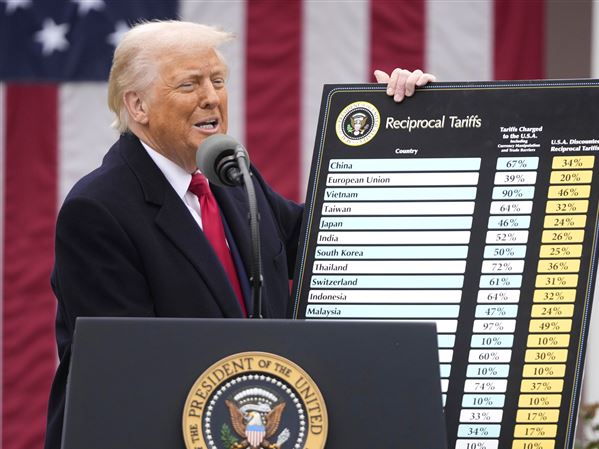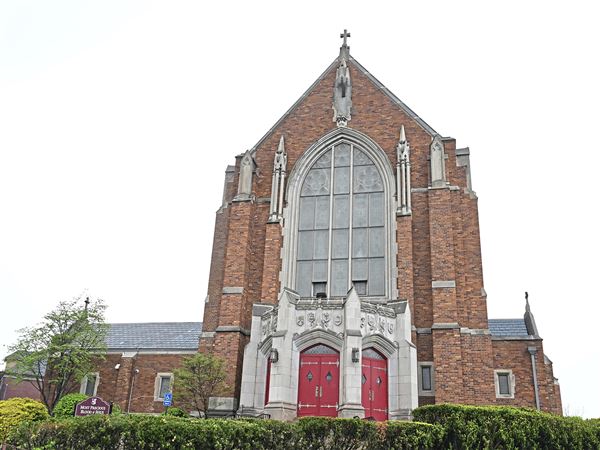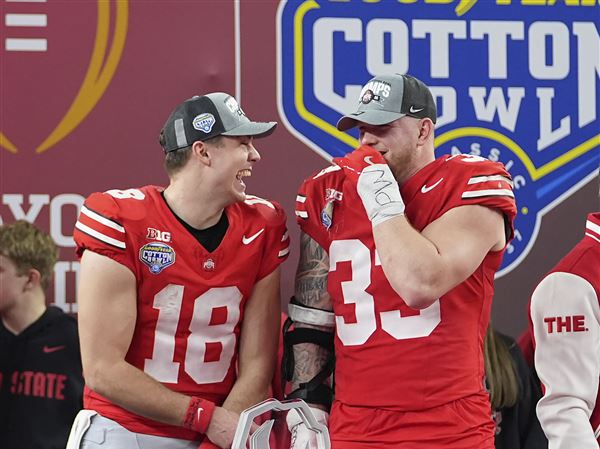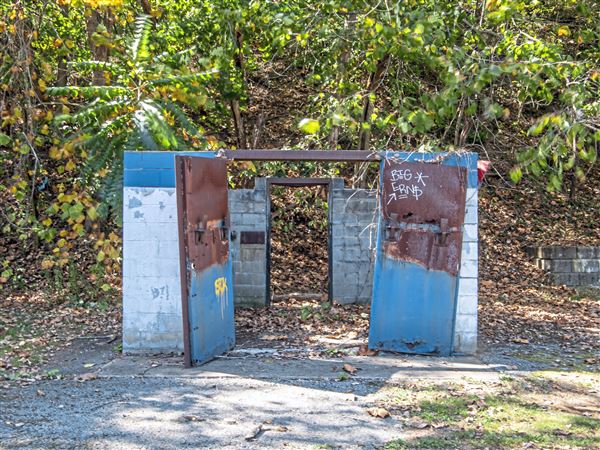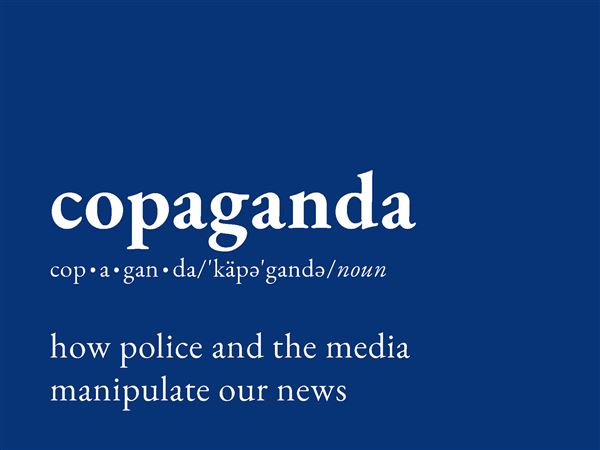Oral arguments began in court Wednesday in a long-fought case over a tax levied against out-of-town athletes and artists performing at publicly funded venues.
The fee, sometimes referred to as a “jock tax,” takes 3% of income earned in Pittsburgh’s professional sports facilities, including PNC Park, PPG Paints Arena and Acrisure Stadium.
Pennsylvania’s seven-judge panel on the Commonwealth Court will decide whether the city’s tax is unconstitutional. A decision could take months.
The case began in 2019, when three professional athletes — Scott Wilson, a former Pittsburgh Penguin; Kyle Palmieri, a right winger for the New York Islanders; and Major League Baseball outfielder Jeff Francoeur — sued the city to end the fee. The NFL, NHL and MLB players’ associations also joined in the suit.
The three athletes said in court documents that they paid more than $25,000 in total to the city under the fee.
In September 2022, Allegheny County Common Pleas Court Judge Christine Ward ruled in favor of the athletes, arguing that the tax placed a “discriminatory burden on out-of-state residents” and violates a clause of the state constitution that says, “all taxes shall be uniform, upon the same class of subjects, within the territorial limits of the authority levying the tax.”
Judge Ward barred the city from assessing, imposing or collecting the fee.
City officials said in court filings that the athletes were not discriminated against because they were entitled to a credit on local income taxes owed for the fee. The tax was imposed so that visiting professional athletes would help finance the stadiums they play in, the city argued.
Additionally, the city argued that residents and non-residents essentially paid the same rate. While out-of-town athletes and entertainers pay a 3% facility fee, Pittsburgh residents pay 2% of their income tax to city schools and a 1% statutory tax on income.
In her 12-page opinion, Judge Ward found the argument to be “in error” because the school tax is paid to the school district, but the facility fee enters the city’s general fund.
“There is no permissible or rational basis for an unequal application of tax rates across residents and nonresidents,” Judge Ward wrote.
Neena Hagen: nhagen@post-gazette.com
First Published: October 11, 2023, 8:42 p.m.
Updated: October 11, 2023, 11:31 p.m.
